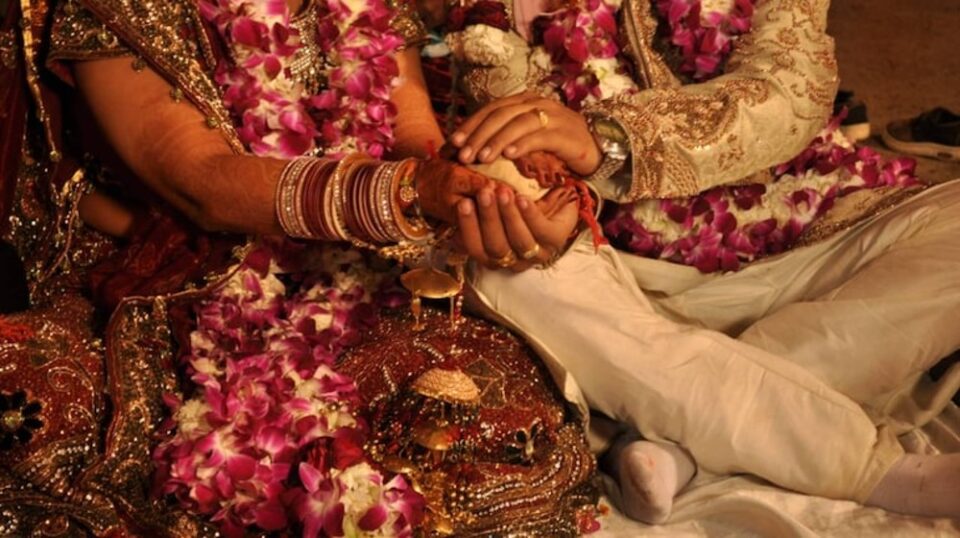The onset of the pandemic had battered the wedding segment – a very important market for Indian hospitality players, venue operators, wedding planners, and other stakeholders of the industry. However, with the coronavirus situation under control, the demand is booming now.
The Revival
According to a KPMG report titled Market Study of Online Matrimony and Marriage Services in India, the Indian wedding market was estimated at ₹3.68 trillion in 2016. Earlier, the average wedding in the country used to span a number of days, witnessing hundreds of guests. However, the Covid-19 pandemic turned the ‘big fat Indian wedding’ market into a small group event. The restrictions imposed by different state governments owing to social distancing norms meant that the guest list was restricted to 50-100 people. These restrictions were a severe blow to the prospects of the Indian wedding market.
As per WedMeGood Indian Wedding Industry Report 2021-2022, last year has been a tumultuous one for the wedding industry. In its survey which polled over 3000 users and wedding vendors, 80% of vendors agreed that more than 30% of their business was affected. Only a minority of the vendor population mentioned that they had witnessed minor or no change (6-10%).
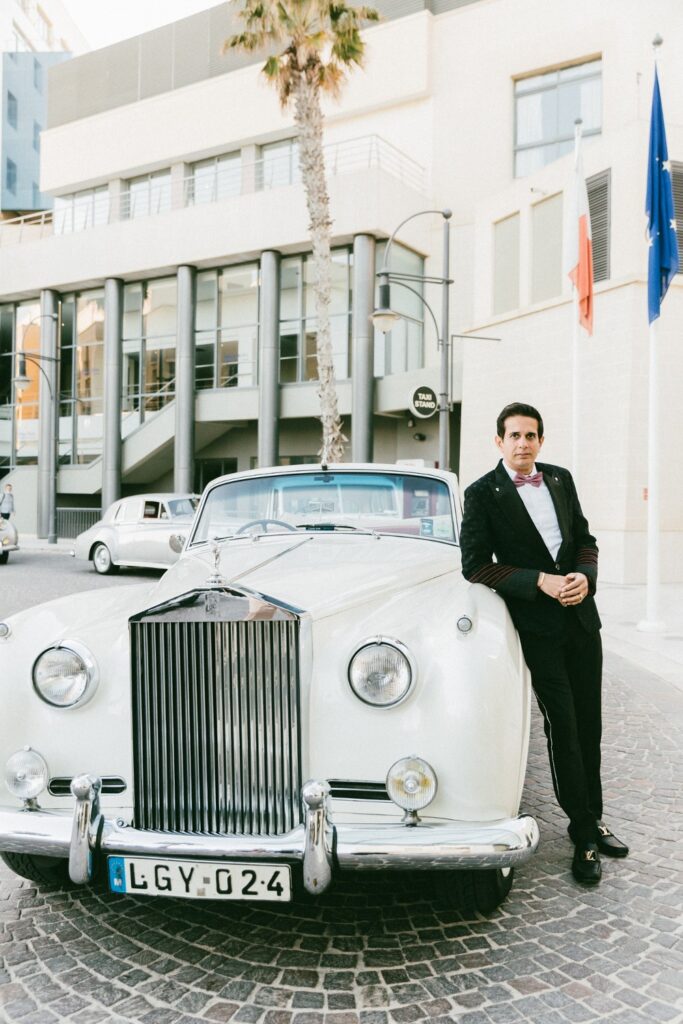
The stakeholders are now rejoicing as a large number of weddings are taking place in the country this year. Bhavnesh Sawhney Co-Founder & Director, FB Celebrations – a company that curates bespoke wedding experiences said, “The quintessential big fat Indian wedding, as we know it, underwent a transformation of sorts when it was reined in by the pandemic. It forced people to relook at Indian weddings where inviting thousands of guests and having a multi-day gala wedding was the norm. Suddenly, the administration decided that you couldn’t have more than 50 guests and there were several restrictions on the arrangements as well. However, over the last year, the pain of the pandemic is slowly fading away from memory and the Indian weddings of yore are surfacing again with a bang.”
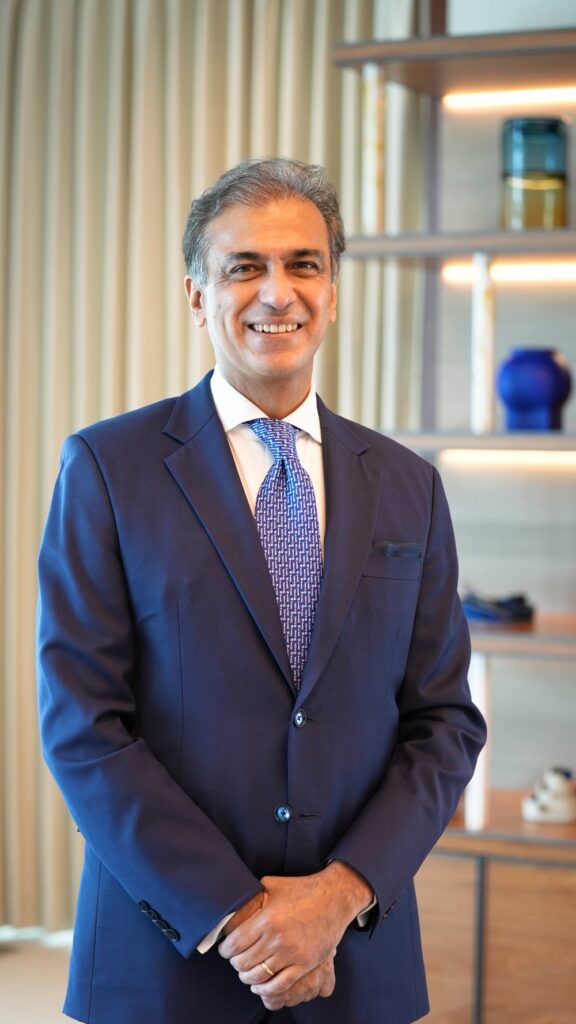
“Couples have bid adieu to the long hiatus of postponing their dream wedding owing to the challenge posed by the pandemic. While families are increasingly opting for intimate destination weddings with 100-200 guests, they are simultaneously hosting larger soirees in the form of receptions and parties in their hometowns for larger gatherings of relatives, friends, and other acquaintances,” said Devendra Bharma, CEO, Jio World Centre.
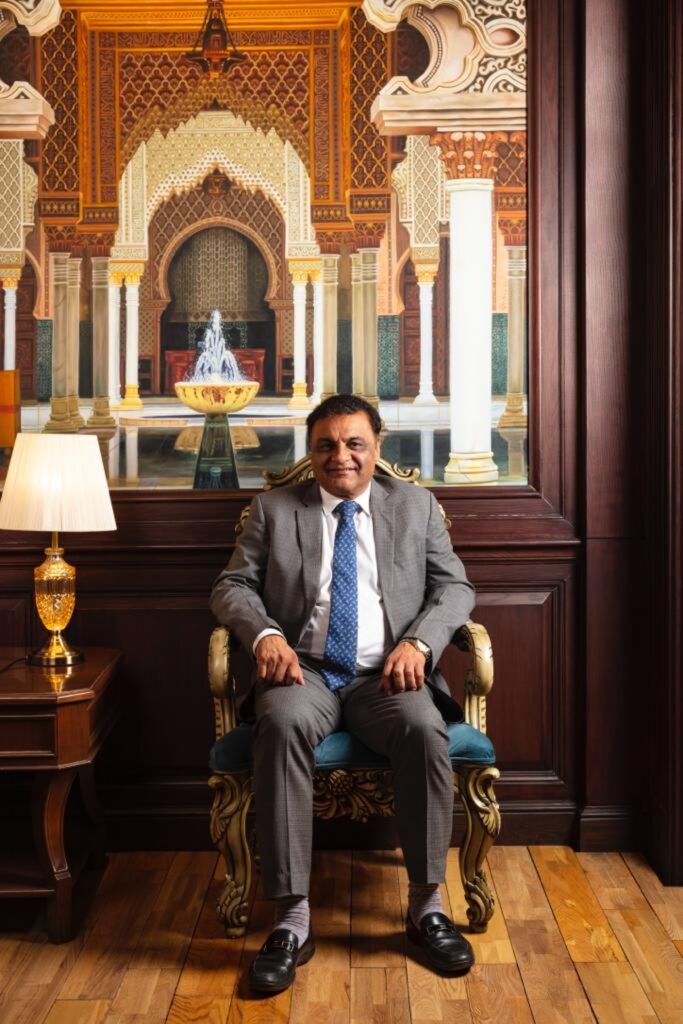
“We are targeting the Indian wedding segment in many different ways. The food menu is one of the most important and memorable parts of any wedding celebrations. Couples and families are opting for unique concepts like curating restaurant experiences, putting their favorite brands of coffee, ice creams, etc. or special memories. Hyperlocal is the trend these days. Not only it adds a special touch to the wedding celebration, but also creates a lasting impression on their guests”, shared by Ramesh Dang, Managing Director, Seven Seas Hospitality.
Half of India’s 1.3 billion-strong population is under the age of 30 and the ubiquity of social media has led to a showcase of aspirational weddings on Instagram. The fact that the Indian economic outlook is better placed than its international counterparts is also helping the Indian wedding market to grow strongly in 2022.

Anam Zubair, Head of Marketing – WeddingWire India, a part of The Knot Worldwide said, “This year, the wedding industry is all set to dazzle in the coming months as people have again started to spend lavishly. On our platform, we have seen a 60% year-on-year growth in traffic as compared to the previous year which is a clear indication that the number of people getting married in 2022 is increasing.” WeddingWire is one of India’s leading wedding technology apps.
The wedding segment has been an important source of revenue for Indian hotels. From mid-segment hotels to luxury properties, Indian weddings have contributed significantly to the business of banqueting and rooms. The Indian hoteliers are also now gung-ho as the wedding market has revived.

Rubin Cherian, GM, Novotel Hyderabad Airport said, “The wedding industry has bounced back like never before. With guest capacity and other restrictions being lifted, there has been a sharp increase in both the size and revenue of weddings. A large number of weddings were put on hold at the onset of the pandemic, which were converted to grand celebrations in 2022. From intimate gatherings to massive big fat Indian weddings, we are witnessing a wide variety of demands from our wedding parties. The month of August in particular was a busy month in terms of wedding revenue generated. November and December are also set to be bustling months for the wedding segment due to the auspicious value of these months. It’s safe to say that the Indian wedding segment has returned to, or even surpassed, pre-pandemic numbers.”
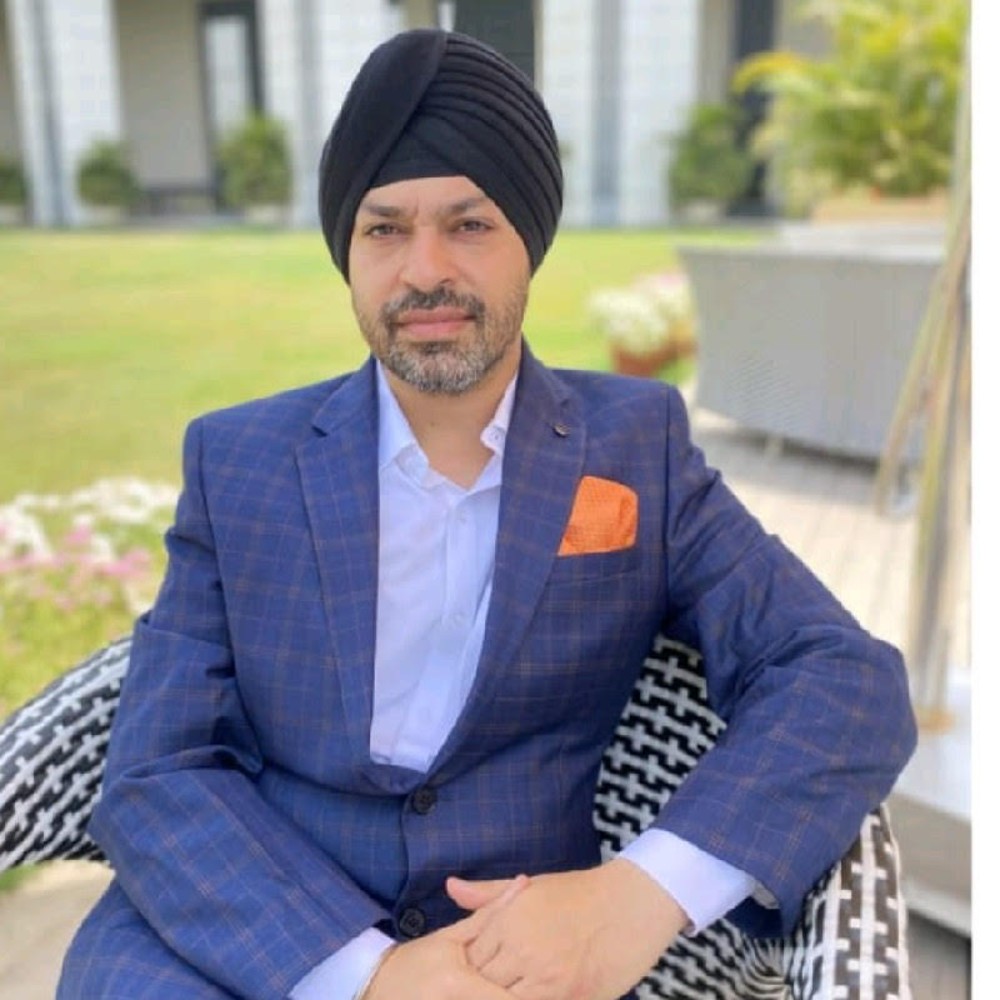
Damandeep Singh, General Manager, Karma Lakelands, Gurgaon said, “The Indian wedding segment is bouncing back in a big way. This segment has always been a great contributor to the hospitality sector as a whole. With normalcy returning, Indian guests are now looking at various destinations for their special day. The number of wedding queries this year has increased by three times compared to last year with the guest list increasing significantly, which is a great boost to the business.”
Many hotels recorded weddings either getting postponed or trimmed down in the years 2020 and 2021. This resulted in lower budgets and overall losses for the hospitality players. This year tables have turned and the buoyancy in the wedding market is helping hotels to recover from the setbacks caused by the pandemic.
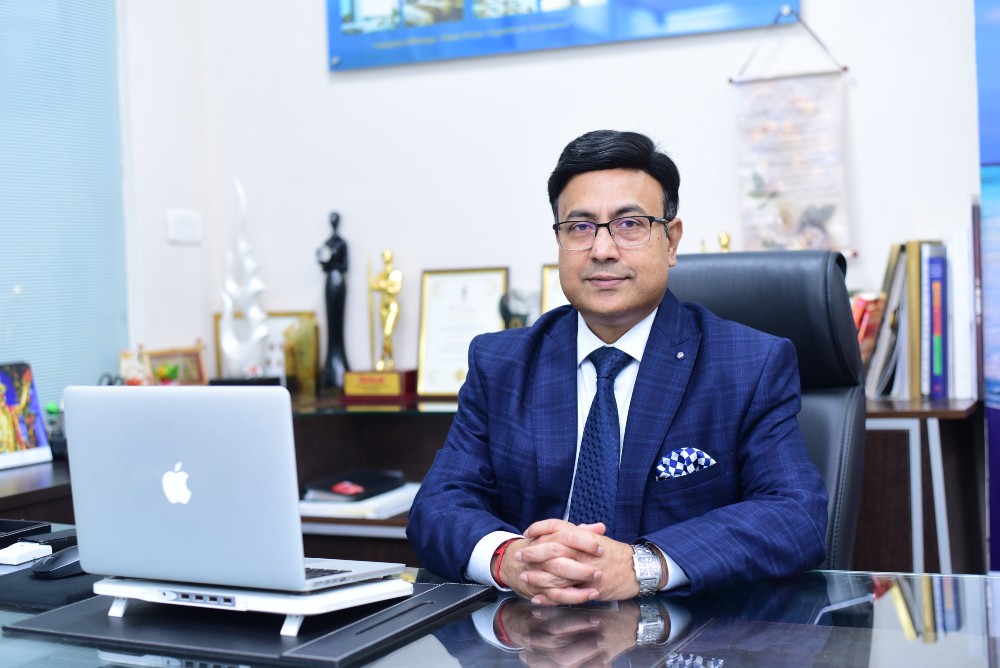
“The upcoming wedding season is likely to record about 40-50% growth over the last year’s wedding season. Weddings have emerged as a very important segment for us with it contributing above 50% to the business recorded in several of our hotels. Weddings are back for us to almost 90% of the pre-covid levels,” said Sarbendra Sarkar, Founder & Managing Director, Cygnett Hotels & Resorts.

Popular tourist destinations in India like Goa are also back to attracting a large number of weddings. Dennis D’Costa, General Manager, Novotel Goa Dona Sylvia Resort said, “Goa continues to be a favoured destination for beach weddings and also many hotels including ours have large indoor spaces where the guests can have their various ceremonies. Goa will be having two airports very soon and that will further increase our domestic and international reach. This too will offer a great opportunity for Goa to host even more large weddings.”
As per industry estimates 75% of destination weddings scheduled to take place between April to July 2020 were cancelled. But popular venues are already chock-a-block for the upcoming wedding season.
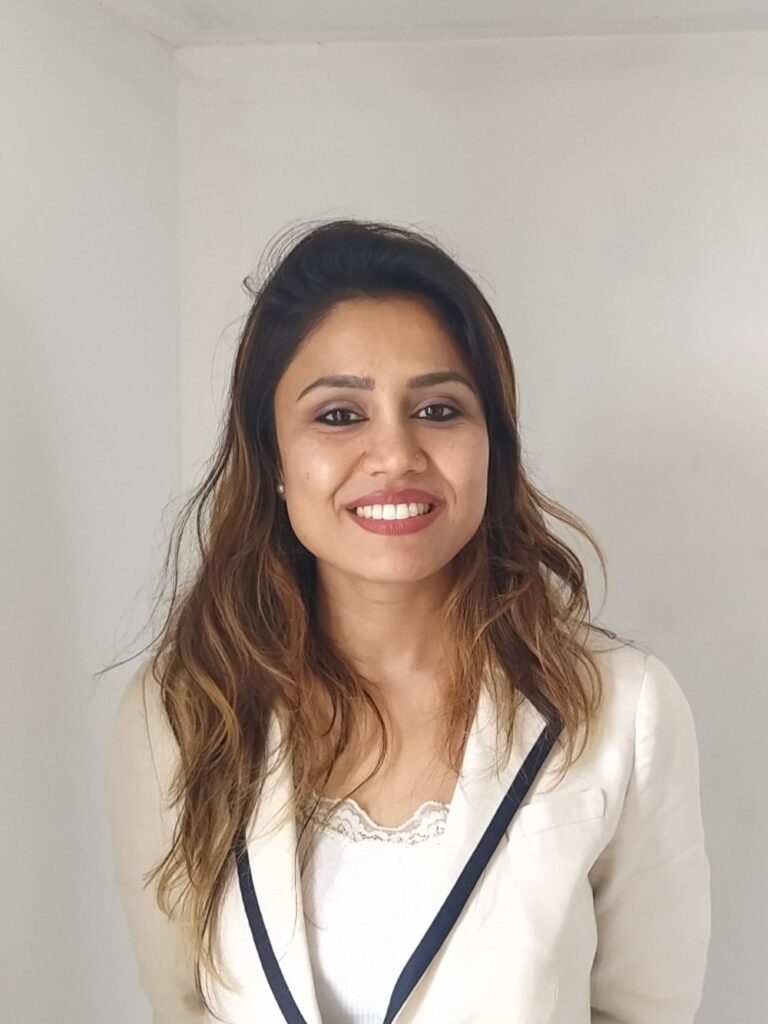
Bhavna Singh – Director of Sales, Courtyard by Marriott Mahabaleshwar said, “The segment has definitely seen an increased demand post-pandemic with a large number of weddings taking place in the country. Moving forward we anticipate that the segment shall top the numbers of 2019.”
Trends
The pandemic has resulted in a shift in the various preferences of wedding groups. Some of the weddings have turned into an intimate affair and on the other hand, large weddings are also back in demand.
“There is a surge in demand for more unique and premium destinations. The guests are more focused on experiences and service standards than before. The way the industry is moving with a number of new destination resorts opening, we will have additional demand in the coming future,” said Singh of Courtyard by Marriott Mahabaleshwar.
“The splurge on quality weddings hasn’t stopped. In fact, couples go all out to make it a grand event but the emphasis on personalization is very high. Couples want to create wedding experiences that they can share with their near and dear ones. So, the trend of destination weddings with a limited guest list is one of the trends that has really caught on,” said Sawhney.
Technology has become critical in wedding planning now. From researching wedding ideas and tips to using digital services like apps and invites, technology is influencing the choice being made by couples.
“Earlier a lot of time had to be spent on face-to-face meetings. After the pandemic, people are very comfortable getting into a zoom call for wedding planning. It saves a lot of time and effort for everyone and things move at a faster clip,” added Sawhney.
The F&B part is also witnessing a shift with exotic cuisines in demand. “The focus on a superior food and beverage experience has increased significantly and while traditionally weddings have always had multi-cuisine menus, today, the demand for more varied and exotic cuisines has gone up. In the short span of time that we have opened, we have already catered to Indian, Regional Indian, European, Pan-Asian, Pacific Rim, Mediterranean, Levantine, and many more cuisine options,” said Bharma.

“In today’s scenario, clients have a plethora of options in the market to host weddings, be it different venues, the location of the venue, or places that offer a whole package fulfilling all needs and requirements of the event. A common choice today is hosting family and guests at a destination venue offering all services starting from the wedding venue to fun engaging activities during and after the wedding. Weddings have now become more of a special celebratory vacation than just a big event,” said Senthil Kumar, Associate F&B Director, Clarks Exotica, Bangalore.
According to a recent survey conducted by WeddingWire India, over 33% of couples want a smaller gathering on their big day keeping the guestlist between 100 to 250 people, down from above 400 on average. Couples are now keener to do small events and going big on intricate details.
“Another interesting fact is that while some couples are reducing the guest list size, this is not dampening the spirits of high-budget weddings. Instead of large gatherings, they are now focusing on paying similar or even higher amounts to have bespoke experiences for their limited guests,” said Zubair.
Sustainability has become of paramount importance for the Indian tourism industry in the pandemic world and the wedding segment is no different. As per Zubair people are gravitating toward sustainable fashion and have become more aware of their own lifestyle choices.
“For instance, instead of using plastic cutlery in buffets, they are now choosing sustainable options which are multipurpose and a smart investment. Apart from that, there is a further increase in the adoption of Wed-Tech and a surge in queries on Wed-Tech platforms. Couples in India are using such platforms to ease the process and the pandemic has only aided this growth further. Therefore, it is anticipated that there will be a further increase in adoption in the Wed-Tech space in 2023,” she added.
“In terms of trends, we are seeing an even mix of lavish and intimate weddings. More lavish weddings with emphasis on food and décor. More weddings with a strong experiential focus are becoming the norm. Weddings that are more unique in terms of the experiences generated for guests and the memorability of the overall celebration are in demand, as opposed to standard décor, cuisine, and activities. We are also seeing wedding confirmations for smaller-scale intimate weddings that have a higher average per cover cost but a lower number of attendees. People are choosing to invite fewer people and invest more in the quality of the wedding,” said Cherian.
Strategies
Every player in the wedding space has devised a strategy that is in sync with the changing dynamics of the market. “While our wedding venues possess several unique offerings such as luxurious bridal lounges, dedicated relationship managers, gourmet culinary offerings, world’s largest passenger elevator for wedding groups; our warm, caring service and culinary prowess are what make us the venue of choice for weddings and social events in Mumbai,” said Bharma.
“Fortunately, owing to our incredible outdoor spaces, refurbished interiors, and accessible location, we see an organic influx of wedding leads. To capitalize further, we aim to establish and maintain strong, mutually beneficial relationships with wedding planners, event managers, caterers, wedding influencers, and our corporate clients for weddings,” said Cherian.
“We have created a new product “Wedding Bells by Cygnett” in order to cater to this segment specifically. We will offer end-to-end solutions for the vast requirements of a wedding group under the Wedding Bells by Cygnett portfolio,” shared Sarkar.
“When the guests visit the resort our sales and events team ensure we showcase our property and guide our guests so that they are able to make the right choices to make their event memorable. We also participate in various events across India which focus on the wedding segment and thus enhance our reach. Food is a very important part of a wedding and our chefs are well-trained to cater to the varied cuisines,” said D’Costa.
“A segment of clients looking for moderate and customized packages are quite budget-oriented. Such clients like to arrange their own catering team for weddings due to budget constraints and also a different choice of cuisine and/or taste, which requires flexibility from our end in order to materialize the bookings,” said Kumar.
“Our USP is that we are a destination in itself. We are spread across 235 acres of green oasis with open, green, and intimate venues to large lawns. There are a host of venues to choose from at Karma Lakelands. Post-pandemic, the demand for destination weddings has seen a phenomenal spike, and guests are no longer keen on hosting their events within a banquet hall. This trend is here to stay and is a great opportunity for us,” concluded Singh.

